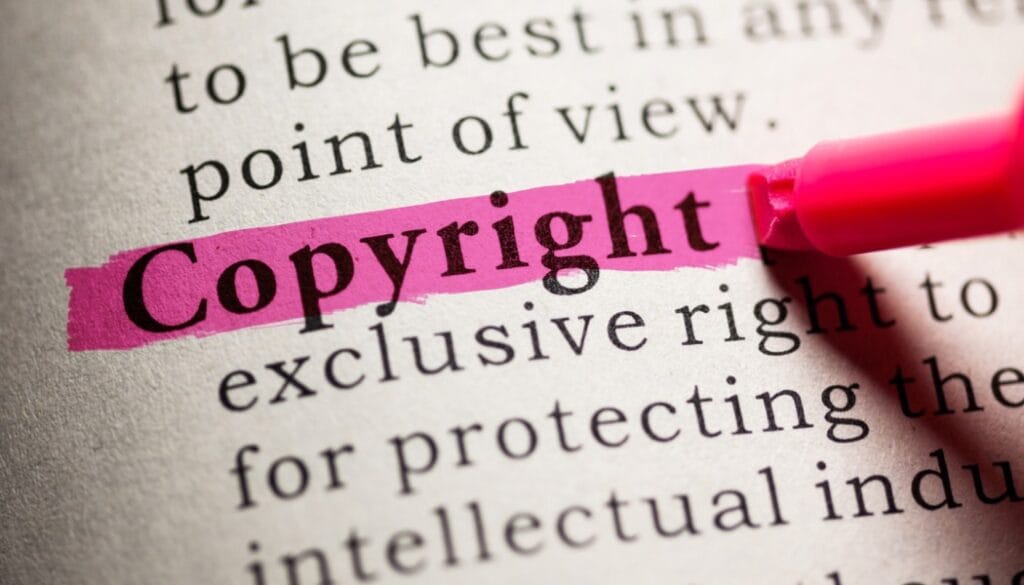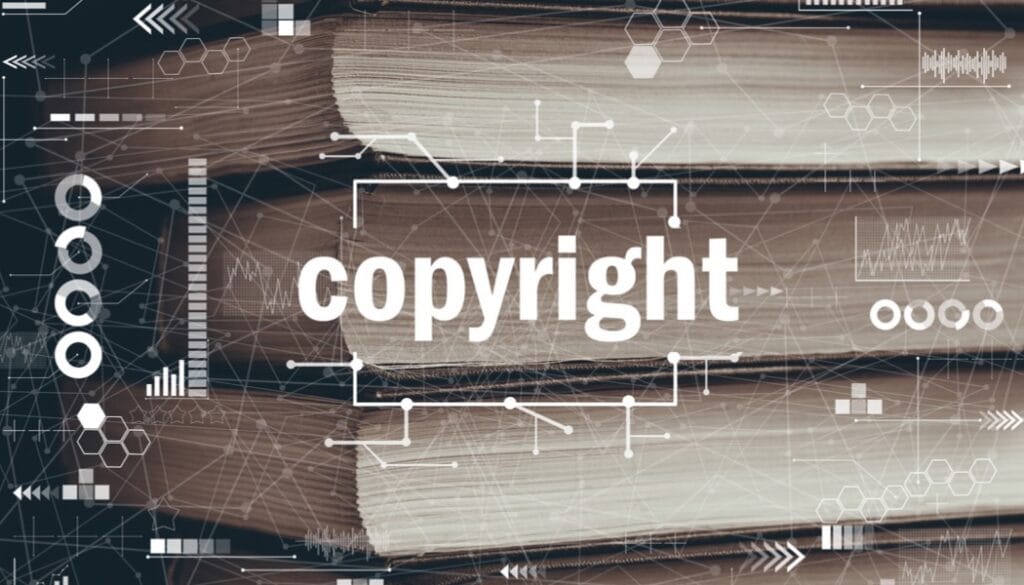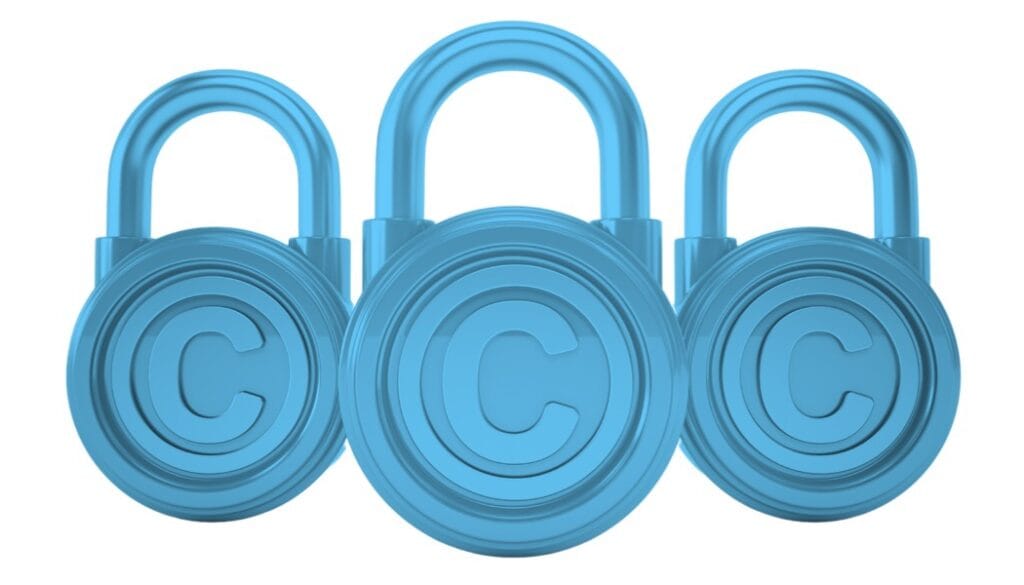
Introduction: Copyright vs. Creative Commons
Copyright ©

Creative Commons (CC)

Creative Commons Advantages
Copyright Advantages

You Do You

Whether you decide to apply a copyright or Creative Commons license boils down to the specific goal you wish to achieve. If your aim is to promote the work as much as possible and establish yourself in the industry, then Creative Commons licensing might be the ideal option for you. This open license is designed specifically to offer an easy access framework for use and sharing of creative content. However, if you harbor any concerns about protecting the authenticity and integrity of your intellectual property, or if you have specific terms and conditions for its usage, it’s better if you choose to rely on traditional copyright laws. In this way, you can remain in complete control of your work and be rest assured that your work is managed in a manner that aligns with your beliefs, wishes, and expectations.
Not Mutually Exclusive

It’s important to note that choosing to license some of your work under Creative Commons does not mean that you are giving up all of your copyright protection. You can still choose to retain full copyright protection over some pieces of your work, while allowing others to use, remix or share other pieces under Creative Commons licenses. This approach can help balance exposure along with protection while also allowing you to have full control over your work.
Conclusion: Copyright vs. Creative Commons
In conclusion, when it comes to the choice between utilizing Copyright or Creative Commons for your creations, it is essential to understand that this is a personal and subjective decision. The decision you make should be based on a variety of individual factors, including your long-term goals and priorities for your art. Both copyright and Creative Commons options come with their fair share of benefits and drawbacks, and weighing these will be crucial in making the best choice for your work. It’s completely up to you to decide which approach aligns better with your personal preferences and artistic goals. Therefore, it would be a good idea to consider all the factors involved carefully before making a selection. Hope this blog post was informative for you!

